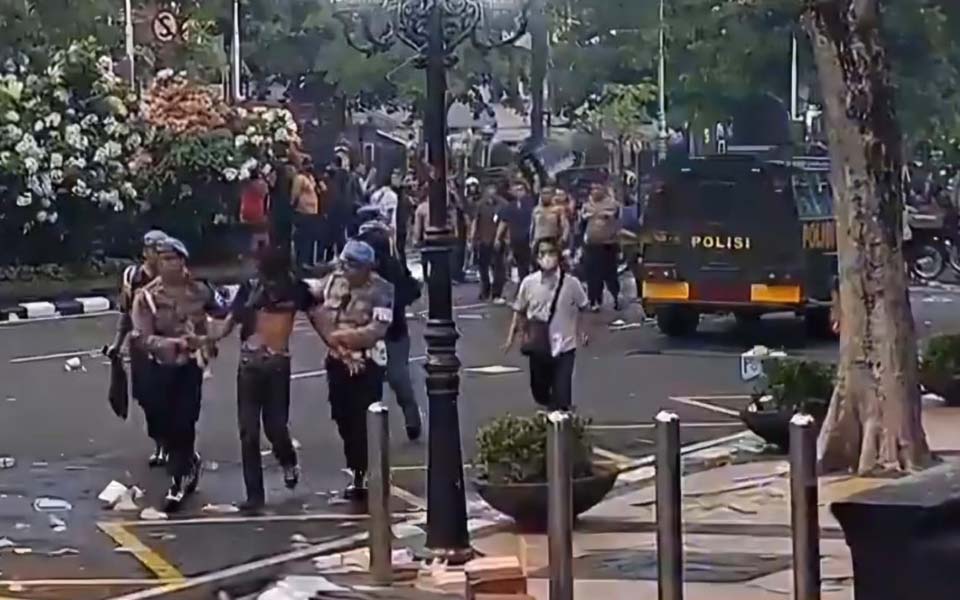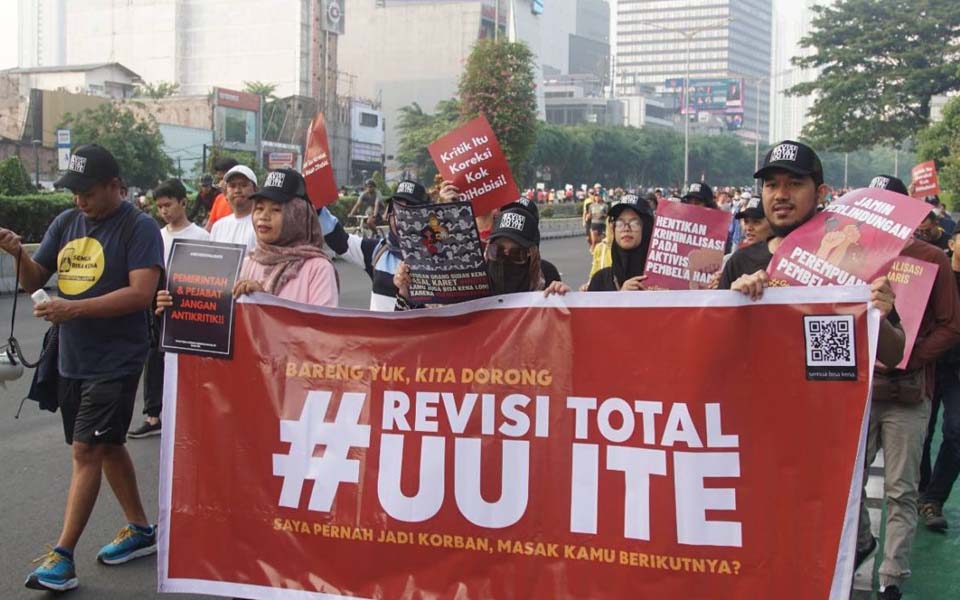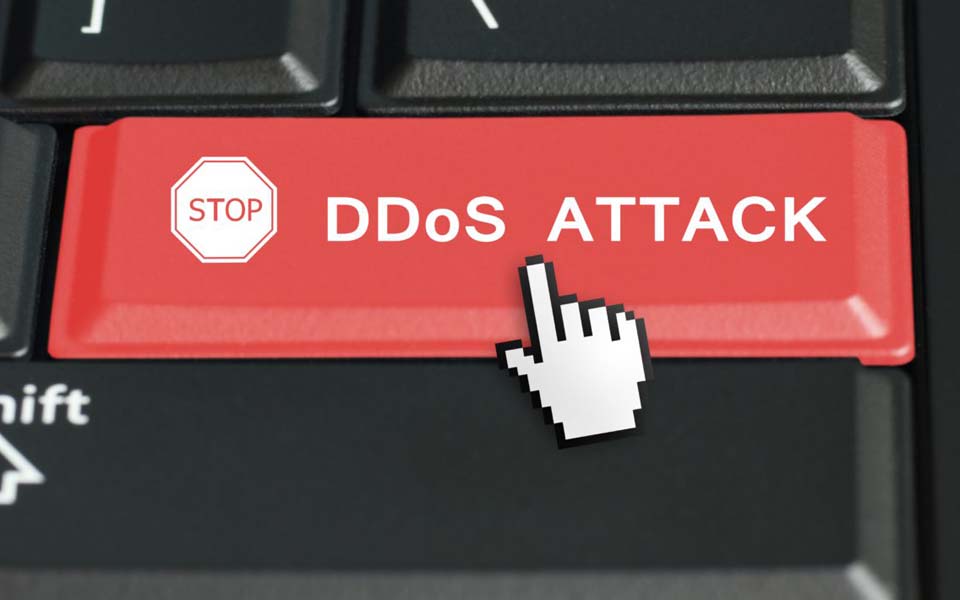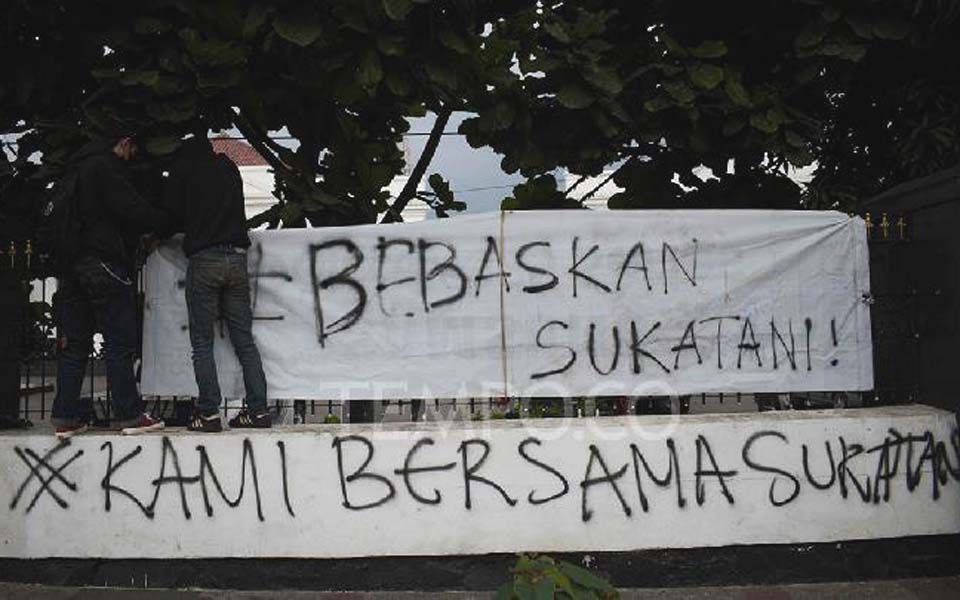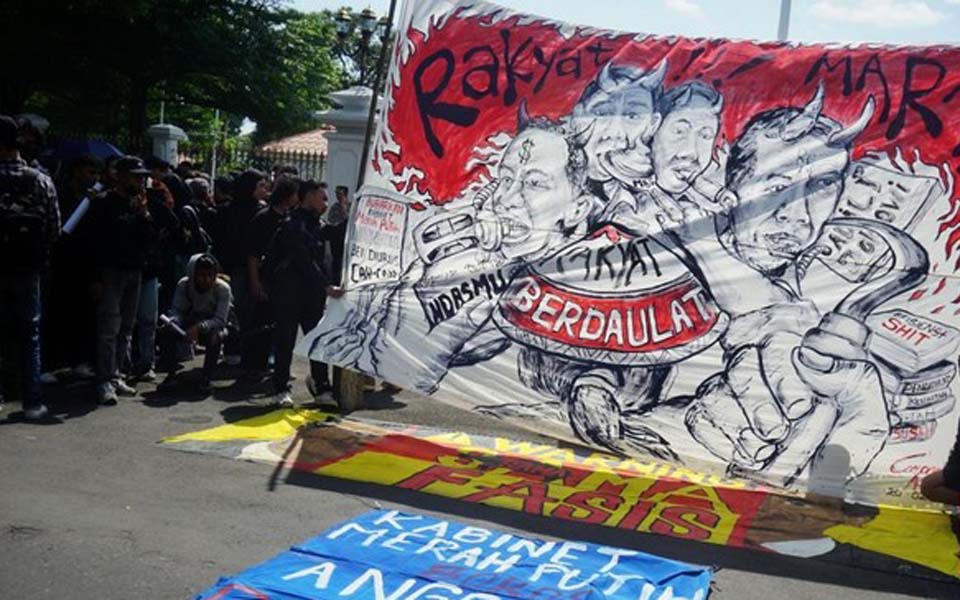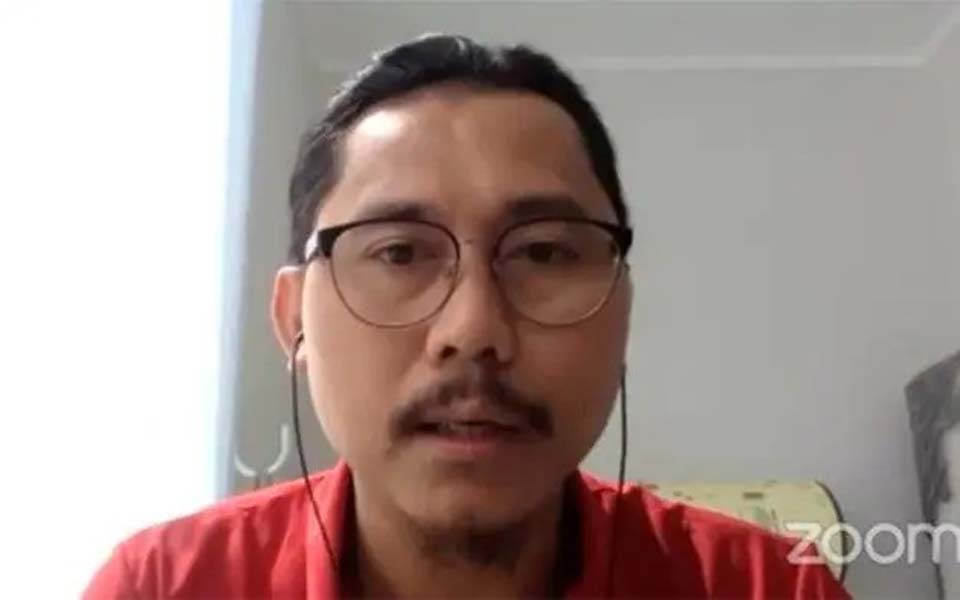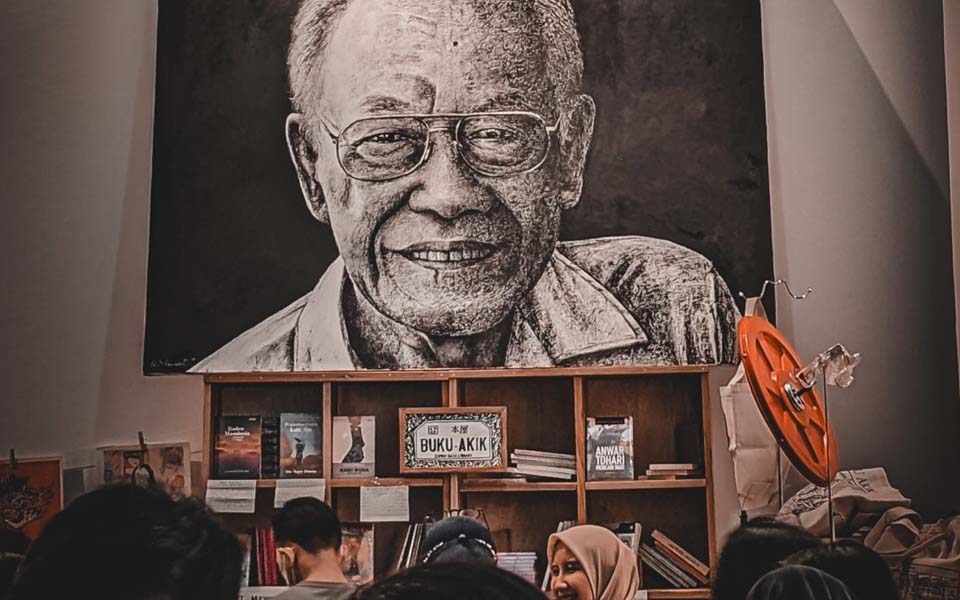Jakarta – Virtual Police from the Bhayangkara Corps – as the Indonesian police are known – have officially begun operating. The unit, which was the idea of national police chief General Listyo Sigit Prabowo, was formed to prevent criminal actions which violate the Information and Electronic Transaction Law (UU ITE).
National police spokesperson Inspector General Argo Yuwono explained that the police presence in digital space is a form of maintaining security and public order so that activities in the cyber world can be clean, healthy and productive.
"Through the virtual police, the police will provide education and notifications if what is written is a criminal violation, request that it not be written again and be deleted", Yuwono told journalists at the national police headquarters in Jakarta on Wednesday February 24.
Yuwono emphasised that virtual police officers will provide education on content that is being shared by certain parties if it has the potential to violate criminal provisions.
If there are postings which could potentially violate the law, said Yuwono, the police would send a warning to the account based on an in depth study by experts. So, the virtual police would not work according to their own subjective views.
The virtual police will first send a warning if they find writing or pictures which could potentially violate the law. Investigators will take a screen capture for consultation with a team of experts made up of experts on crime, language and the ITE Law.
"If the experts declare that that it's a criminal violation, either an insult or the like then it will then be submitted to the cyber director or an official appointed to the cyber unit to give their authorisation then an official virtual police alert warning will be sent directly to the account concerned", he said.
The warning will appear in the message column or as a direct message to the account owner who uploaded the content. The aim being so that social media users do not feel offended by the warning.
After the warning has been received, the police hope that the content which could potentially result in prosecution will be deleted by the account's owner.
"So it is education which we will provide to the public through cyber patrols", said the two-star general.
If the account owner is reluctant to delete the posting, warnings will continue to be given for as long as there are still parties which feel harmed by the posting.
If then the person who feels harmed by the posting makes a police report, the police's task is to facilitate finding a peaceful resolution through a mediation process.
"Law enforcement will be the last [resort]", said Yuwono, adding that the virtual police will not be carrying out their duties in order to restrict public freedom in digital space.
"The police will not curb or restrict the public in expressing their views although the police will endeavour to provide education when they violate the law", he said accusingly.
According to Yuwono, the virtual police have already sent warnings to three accounts recently. One of the accounts had posted a picture with the caption "Don't forget I'm a thief".
"Virtual police alert. Warning 1. The content on your Twitter account uploaded on February 21, 2021, at 3.15 pm local time has the potential to be criminal hate speech. In order to avoid further legal proceedings you are asked to make a correction to the social media content after you have received this message. Salam Presisi [predictability, responsibility, transparency, justice]", said Yuwono reading out the contents of the warning.
The police themselves have issued at least two guidelines for officers so that legal enforcement is a last resort in dealing with cases under the ITE Law. A circular and a telegram has been published each containing guidelines on how criminal investigators should deal with cyber crimes.
National police criminal investigation bureau chief Commissioner General Agus Andrianto said that they will punish criminal investigators who violate these guidelines.
This, said Andrianto, is one of the methods they will use to avoid bias and subjectivity on the part of criminal investigators who receive and follow up on ITE cases involving the public. (mjo/gil)
[Translated by James Balowski. The original title of the article was "Virtual Police Resmi Beroperasi, Medsos Kini Dipantau Polisi".]






